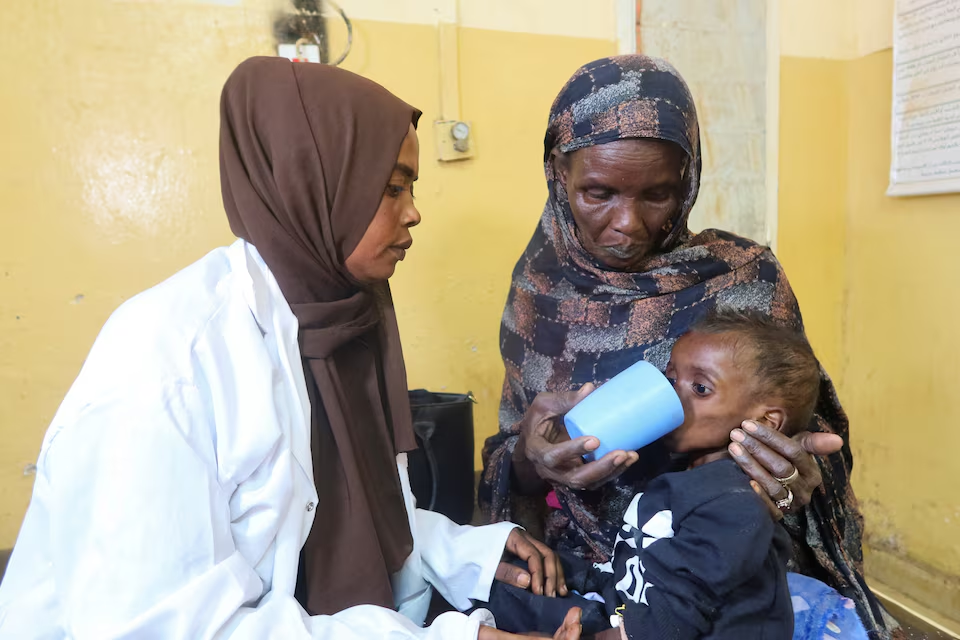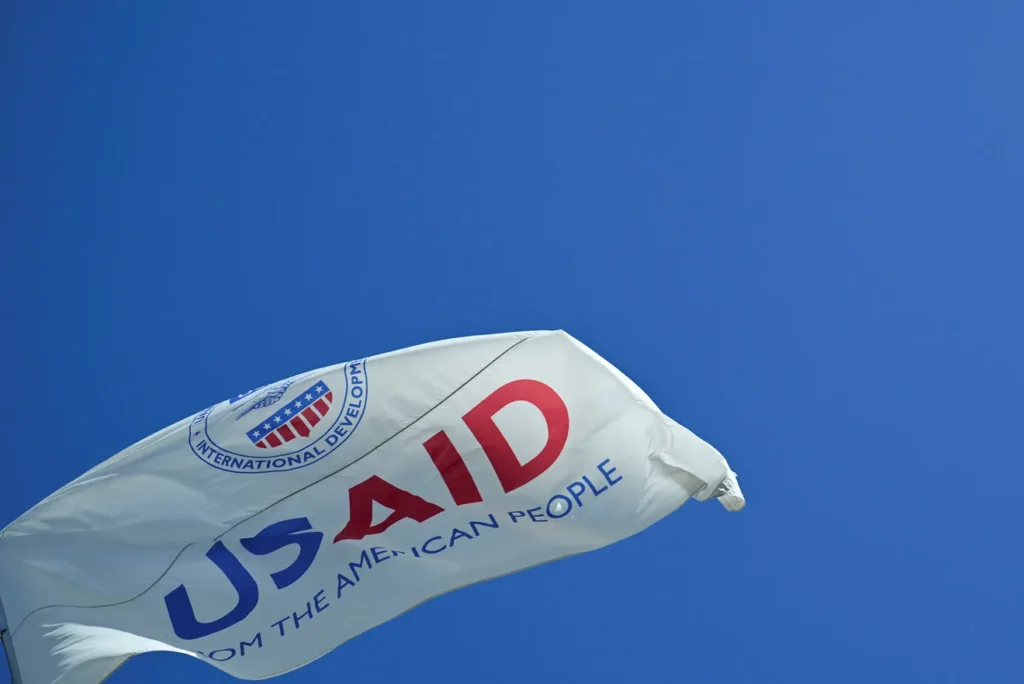Nigerian lawmakers are investigating the activities of over a dozen non-profit organizations, demanding they submit tax and financial statements dating back ten years, according to a letter seen by Reuters. The probe has sparked accusations of “bullying” from civil society groups.

Among the organizations affected are those previously funded by the U.S. Agency for International Development (USAID), Washington’s primary humanitarian aid agency. The U.S. has largely frozen its funding for 90 days pending a review of the agency’s effectiveness under the Trump administration.
A committee within Nigeria’s House of Representatives has sent inquiry letters to groups focused on human rights and accountability, including Transparency International Nigeria. Lawmakers stated that the investigation aims to “unravel their real identities, sources of funding, and what they expend their monies on.”
The probe follows recent statements by U.S. Congressman Scott Perry, who alleged—without providing evidence—that USAID had channeled funds to Islamist groups, including Boko Haram in Nigeria. The U.S. ambassador to Nigeria, Richard Mills, has dismissed these claims.
Nigerian lawmakers have requested detailed audited financial statements from the non-profits, covering 2015 to 2024. However, affected organizations argue that the probe is an attempt to suppress their work and restrict free speech.
“On the basis of hearsay, just an unfounded allegation and lack of any proven evidence from either Nigerian security or financial agencies, the National Assembly has embarked on this walk,” said Auwal Musa Rafsanjani, head of Transparency International Nigeria.

Abiodun Baiyewu, executive director of Global Rights—another group under investigation—criticized the move as a “brazen attempt at bullying the non-profit sector and not done in good faith.”
House of Representatives spokesperson Akin Rotimi defended the probe, arguing that the allegations raised by the U.S. Congressman were “too weighty to be dismissed.”
“It is to gain a clearer understanding of how these funds have been managed over the years to determine whether there have been any lapses,” Rotimi told Reuters.
Under Nigerian law, parliamentary committees have the authority to investigate any issue of national interest. If their findings are approved by a majority of lawmakers, they can recommend legal action, including arrests and prosecutions.
The investigation has raised concerns about increasing government scrutiny of civil society organizations in Nigeria, with many questioning whether the probe is politically motivated or part of broader efforts to control non-governmental groups operating in the country.



